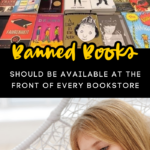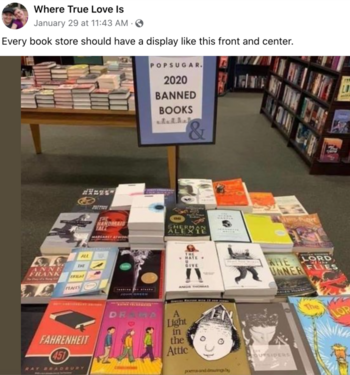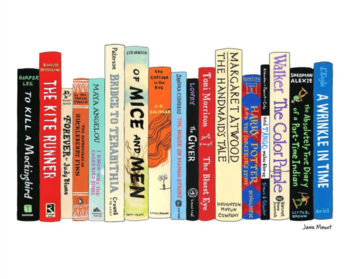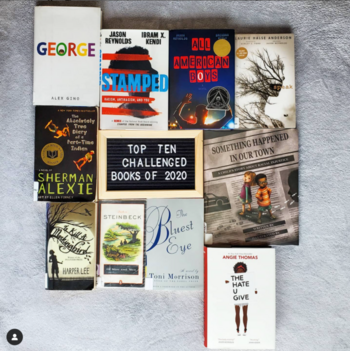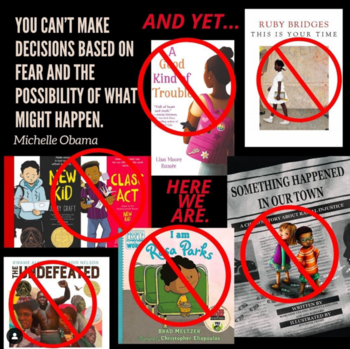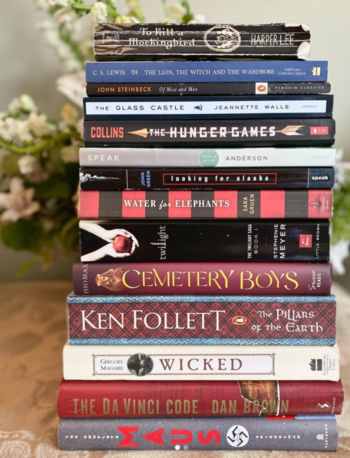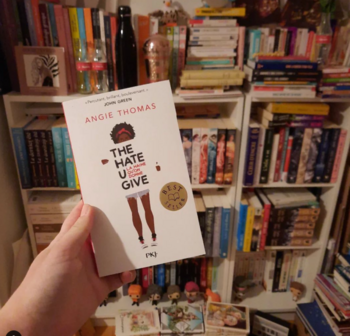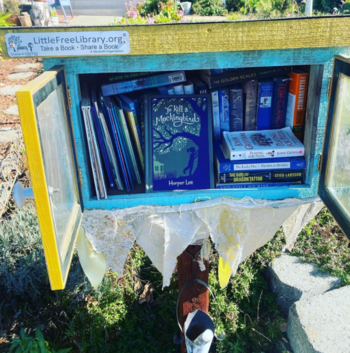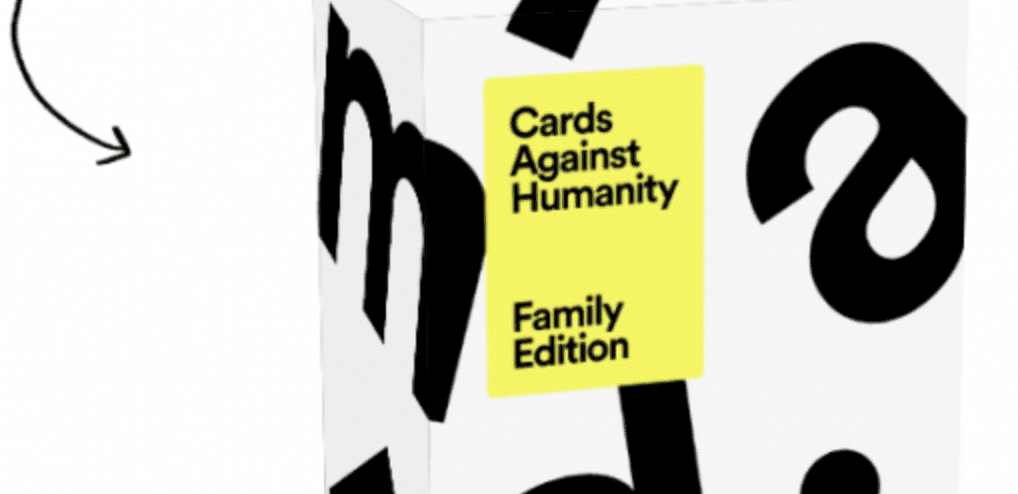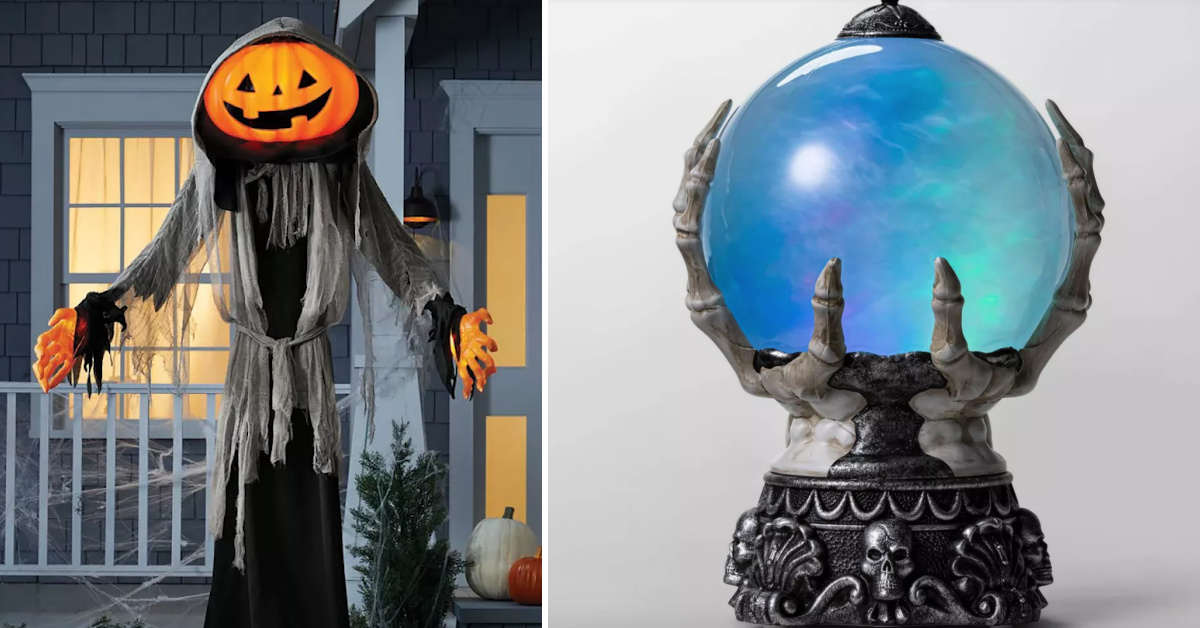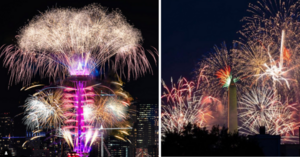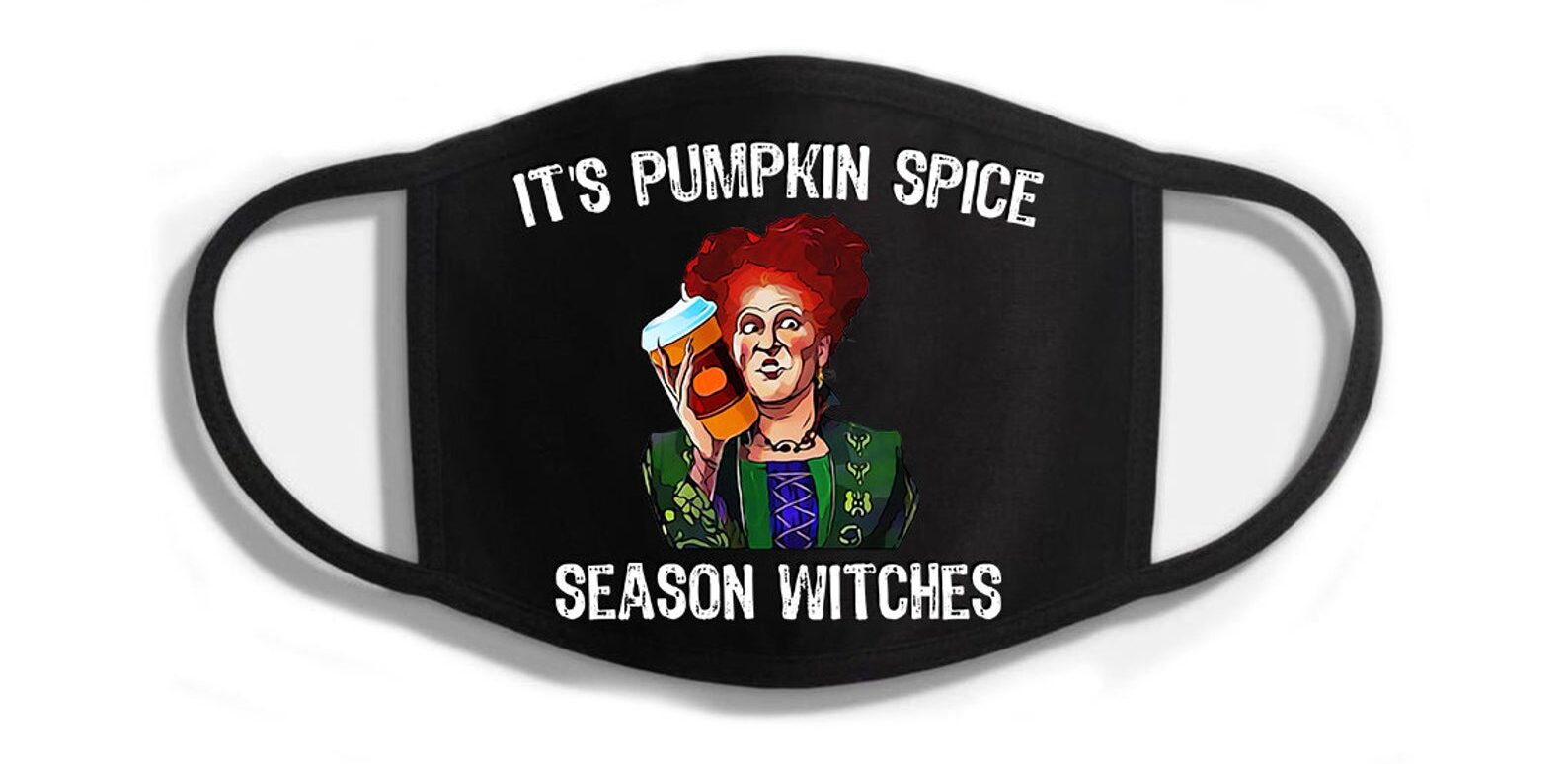All Bookstores Should Offer A Table Of Banned Books Available To Purchase and I Said What I Said
Every bookstore needs a table front-and-center that features and sells “Banned Books.” There. I said it.
I have raised my kids to believe that reading is their “Super Power.” It is where they gain their knowledge, where they learn to think critically, where they learn it is okay to disagree with a piece of literature while still respecting it for the art form that it is.
Are there some books that I think need to be deemed somewhat age appropriate for the reader? Sure.
Do I think schools should flat-out put a ban on certain books? No.
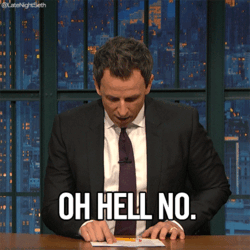
I think we get into dangerous territory when we start censoring what people should and should not read — what people should and should not see for themselves.
Here’s a little side note: When I see a book on the “banned” list, it makes me want to read it even more!! I want to be able to reach my own conclusions about books, and decide what my kids should and should not be reading. More often than not, a banned book leads to a great discussion.
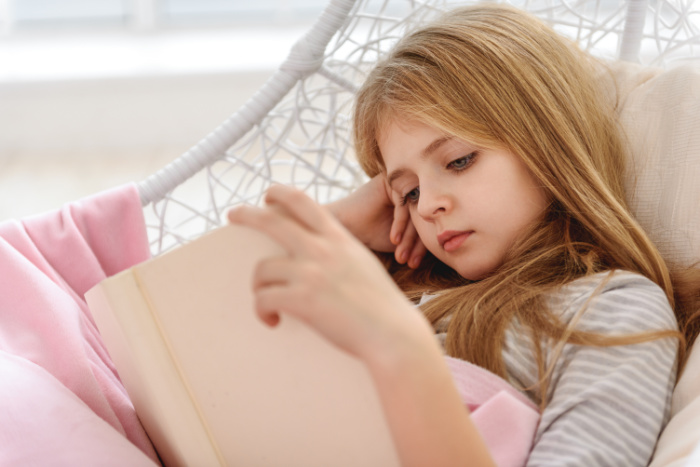
Just by doing a little research, I have learned that there isn’t really a “National List” of banned books, but different school systems jump in with the ban hammer — it is done school by school, district by district.
Sometimes it is parents who initiate the ban on a book, saying that the subject matter or the overarching narrative isn’t something that they want their kids to be subject to.
Other times, it is a school system that decides that the theme of the book is something that should be kept from society.
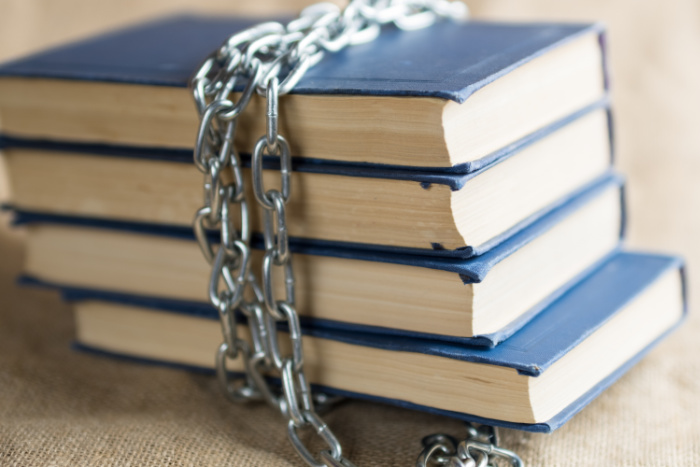
Book Bans In The United States
Whatever the reason, there are SEVERAL campaigns to ban books happening RIGHT NOW across to the United States.
Nope. I didn’t say these bans were occurring overseas in some military ruled state. I said they are happening RIGHT HERE in the United States.
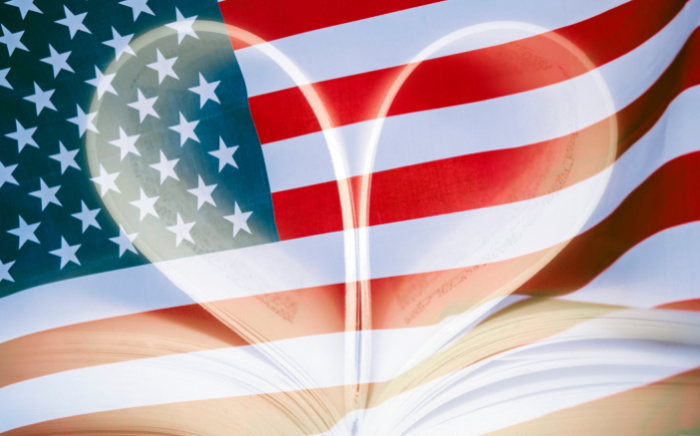
The American Library Association fights for the rights of these books and authors, and puts out a list each year of the 10 most challenged books of the year.
The American Library Association condemns censorship and works to ensure free access to information. Every year, the Office for Intellectual Freedom (OIF) compiles a list of the Top 10 Most Challenged Books in order to inform the public about censorship in libraries and schools. The lists are based on information from media stories and voluntary reports sent to OIF from communities across the U.S. The Top 10 lists are only a snapshot of book challenges. Surveys indicate that 82-97% of book challenges – documented requests to remove materials from schools or libraries – remain unreported and receive no media.
American Library Association
Commonly Banned Books
According to the ALA, these are the books that were banned in 2020, and their reasons for banning:
- George by Alex Gino
Reasons: Challenged, banned, and restricted for LGBTQIA+ content, conflicting with a religious viewpoint, and not reflecting “the values of our community” - Stamped: Racism, Antiracism, and You by Ibram X. Kendi and Jason Reynolds
Reasons: Banned and challenged because of author’s public statements, and because of claims that the book contains “selective storytelling incidents” and does not encompass racism against all people - All American Boys by Jason Reynolds and Brendan Kiely
Reasons: Banned and challenged for profanity, drug use, and alcoholism, and because it was thought to promote anti-police views, contain divisive topics, and be “too much of a sensitive matter right now”
- Speak by Laurie Halse Anderson
Reasons: Banned, challenged, and restricted because it was thought to contain a political viewpoint and it was claimed to be biased against male students, and for the novel’s inclusion of rape and profanity - The Absolutely True Diary of a Part-Time Indian by Sherman Alexie
Reasons: Banned and challenged for profanity, sexual references, and allegations of sexual misconduct by the author - Something Happened in Our Town: A Child’s Story About Racial Injustice by Marianne Celano, Marietta Collins, and Ann Hazzard, illustrated by Jennifer Zivoin
Reasons: Challenged for “divisive language” and because it was thought to promote anti-police views
- To Kill a Mockingbird by Harper Lee
Reasons: Banned and challenged for racial slurs and their negative effect on students, featuring a “white savior” character, and its perception of the Black experience - Of Mice and Men by John Steinbeck
Reasons: Banned and challenged for racial slurs and racist stereotypes, and their negative effect on students
- The Bluest Eye by Toni Morrison
Reasons: Banned and challenged because it was considered sexually explicit and depicts child sexual abuse - The Hate U Give by Angie Thomas
Reasons: Challenged for profanity, and it was thought to promote an anti-police message
Might I suggest you run out and read one of these books today. It might just be the best thing you read all year long.

